The Parable of The River suggests that we often do not pay attention to the root causes of problems when we are busy dealing with the immediate impacts and that real solutions require us to move upstream toward the source of the problem.
In the midst of the national response by local, state and the federal government, philanthropy came together to provide relief to workers who were ineligible for many public benefits related to COVID response. The W.K. Kellogg Foundation (WKKF) joined forces with others including The Ford Foundation, Open Society Foundations, JPB Foundation, Annie E. Casey, Schmidt Futures, Amalgamated Foundation, Abigail Disney, McKenzie Scott and Jack Dorsey to form the Families and Workers Fund.
What started as a rapid response to provide direct support to those left out of federal relief efforts turned into broader, more systemic efforts to address the reasons why many workers were being left out and to change these systems so this doesn’t happen again.
The Families and Workers Fund was the first national, multi-donor collaborative philanthropy dedicated to building a more equitable U.S. economy by advancing jobs that sustain and uplift people and a benefits system that better supports families during times of crisis. The five year fund aims to shape the country’s economic recovery by fostering large-scale collaboration and directing grants to organizations committed to repairing and reimagining the systems that fuel equitable economic security and opportunity for all.
WKKF Senior Program Officer Jon-Paul Bianchi shares with Every Child Thrives how he sees this fund contributing to a more equitable and inclusive economy.
Take a listen to our conversation here.

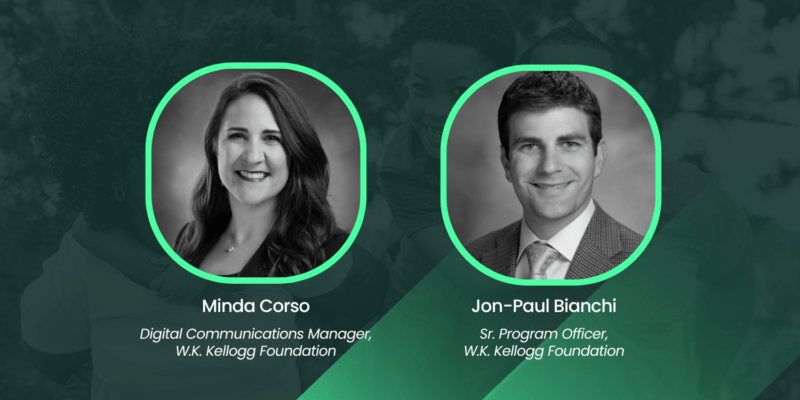
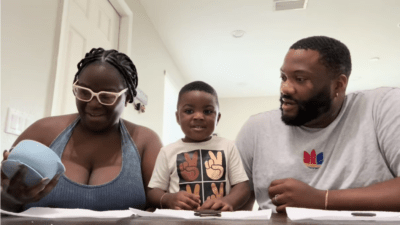
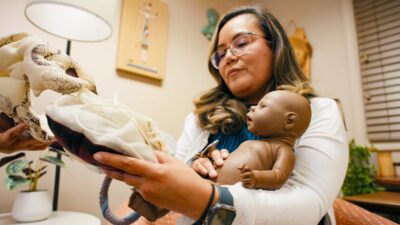
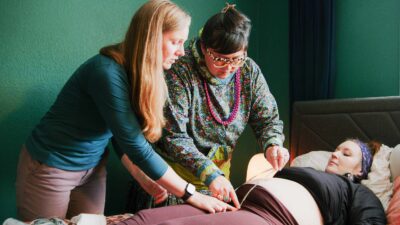
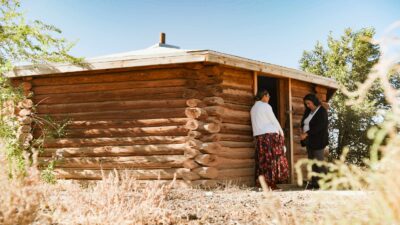


Comments